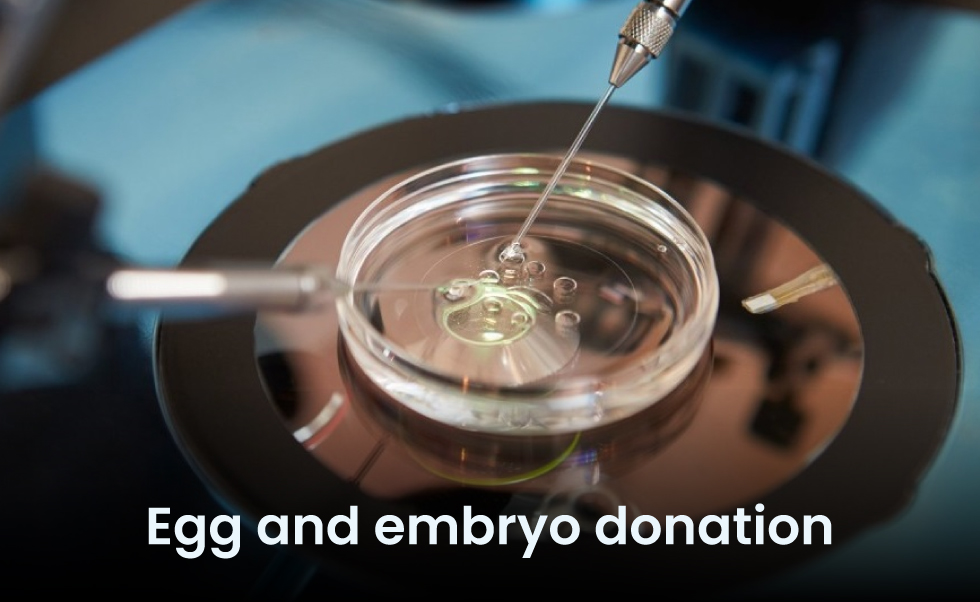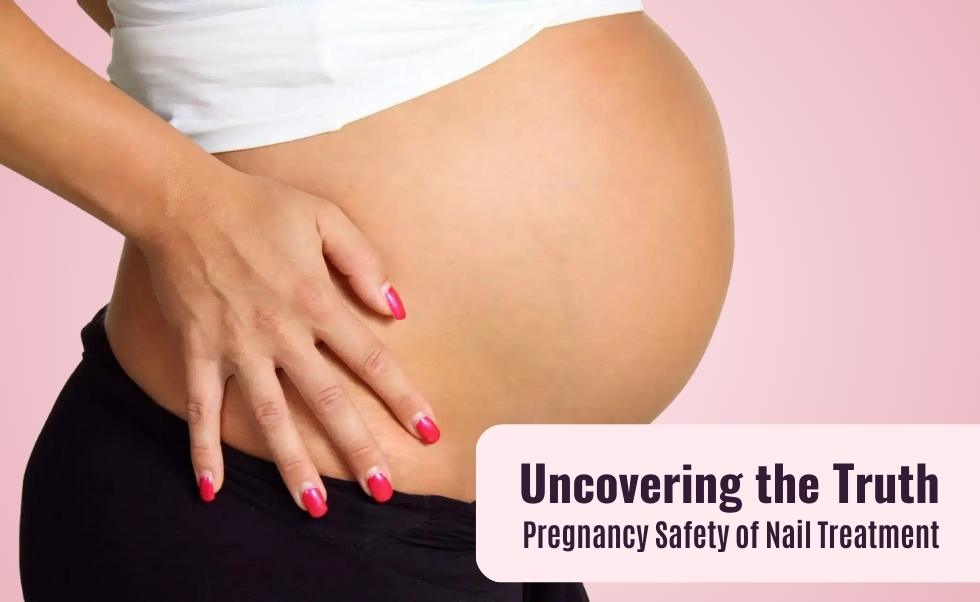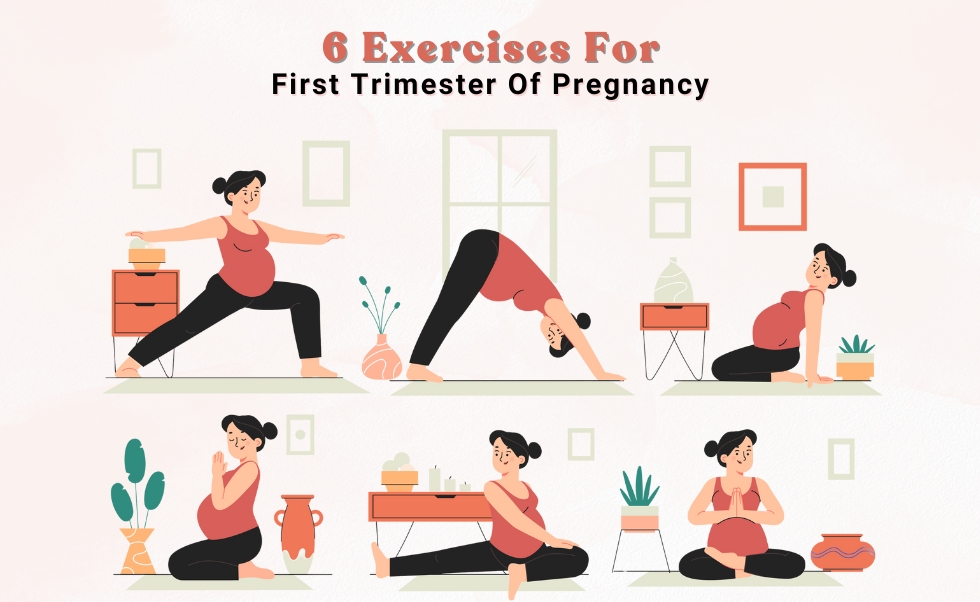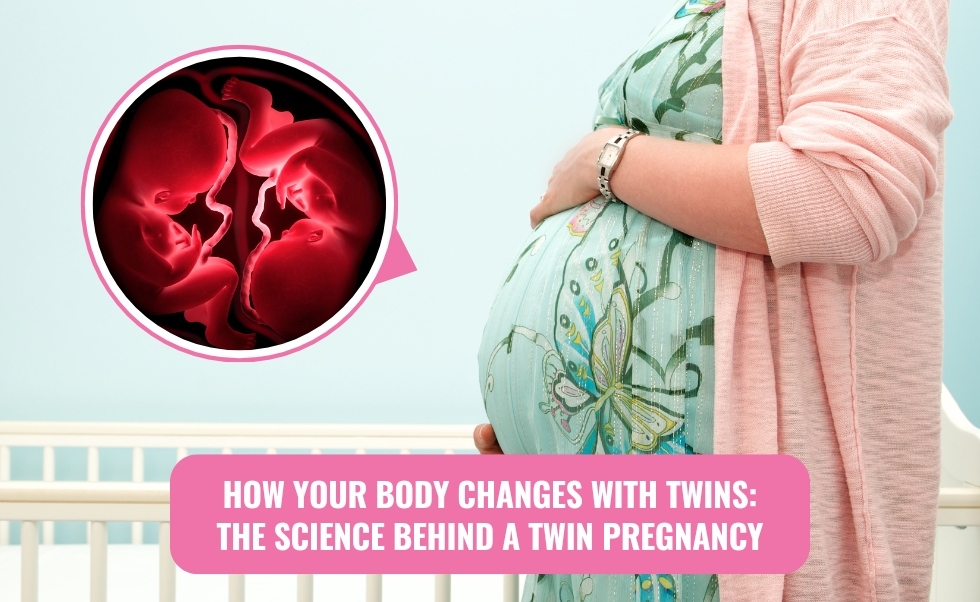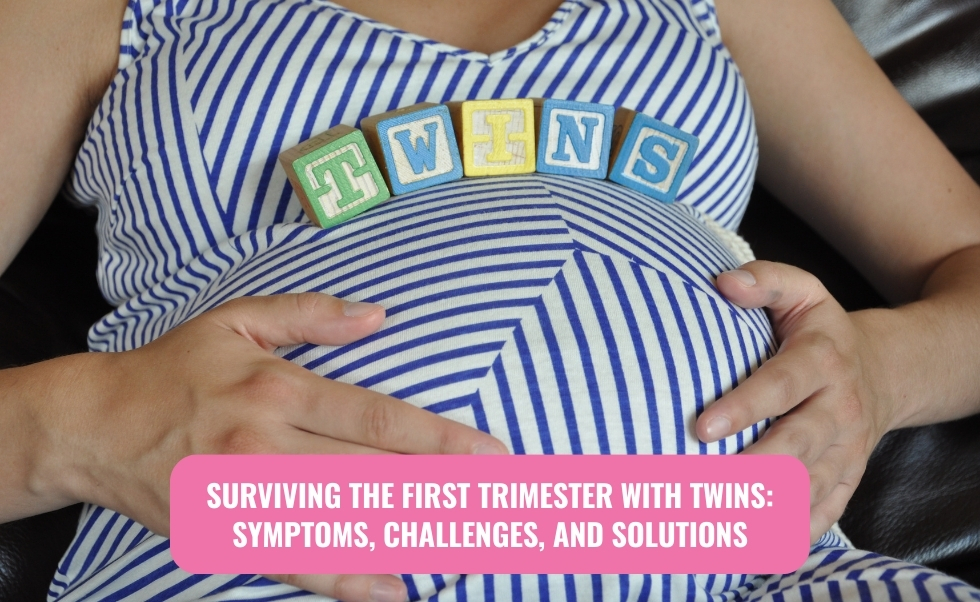Conception is sometimes straightforward, while for others, it may require taking a detour through assisted reproductive technologies. One such option that offers hope to many is egg and embryo donation.
What Does Egg or Embryo Donation Mean?
Egg or embryo donation involves using eggs from a donor or embryos created from donor eggs and sperm to help someone achieve pregnancy. When a woman’s eggs are not viable due to age, health issues, or unexplained infertility, egg donation becomes an option. Similarly, embryo donation is considered when both partners have infertility challenges or when embryos from a previous IVF cycle are available for donation.
This process allows the recipient woman to carry a pregnancy and give birth to a child, who, although not genetically related to her, will be biologically nurtured by her body. The emotional bond formed through this journey is profound, offering a sense of fulfillment and completion.
Is Egg or Embryo Donation the Right Fertility Treatment for Me?
Deciding whether egg or embryo donation is the right path requires thoughtful consideration and medical consultation. This option may be recommended if:
- You have undergone multiple unsuccessful IVF cycles using your own eggs.
- You have a medical condition affecting your eggs’ quality or quantity.
- You are at an advanced maternal age, where egg quality may be compromised.
- You and your partner are facing genetic issues that could be passed on to the child.
Understanding your medical history, emotional readiness, and financial capacity is essential in making this decision. It’s a deeply personal choice that requires open communication with your partner and healthcare provider.
How Are Egg or Embryo Donors Found?
Egg and embryo donors are typically found through fertility clinics, donor banks, or sometimes known donors like family members or friends. The selection process for donors is rigorous, involving thorough medical, psychological, and genetic screening to ensure the highest chance of success and the well-being of both the donor and recipient.
In many cases, anonymity is maintained to protect the privacy of both parties. However, some programs offer open donation, where limited contact between the donor and recipient is allowed.
How Will I Get Pregnant from an Egg or Embryo Donation?
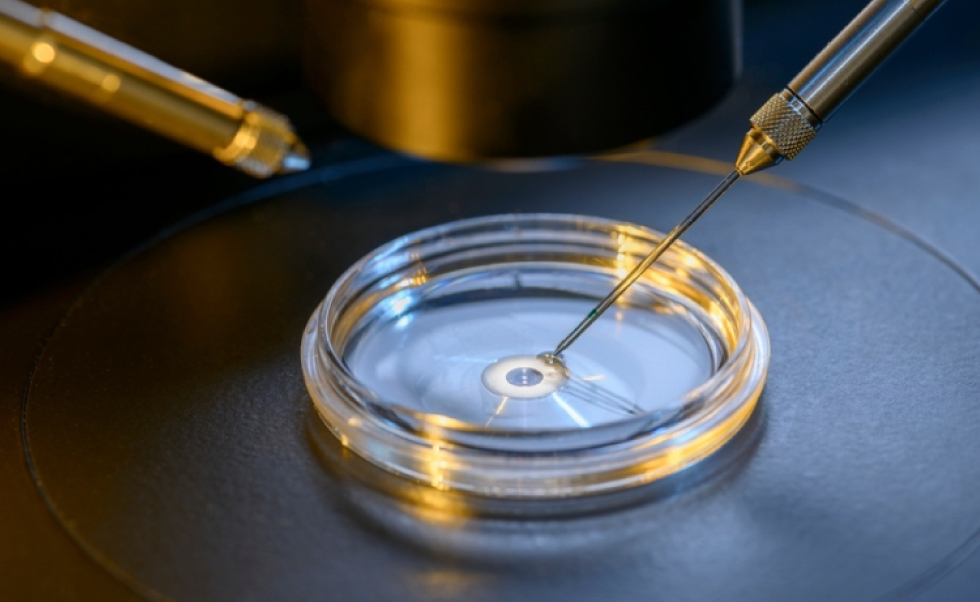
The process begins with syncing the menstrual cycles of the donor and recipient. Once the donor’s eggs are retrieved, they are fertilized with sperm (from the recipient’s partner or a donor) to create embryos. These embryos are then transferred to the recipient’s uterus.
In embryo donation, frozen embryos are thawed and transferred directly. The success of this procedure largely depends on the quality of the embryos and the receptivity of the recipient’s uterus.
After the transfer, the recipient will undergo hormonal support to prepare the uterine lining for implantation and pregnancy. A pregnancy test will determine if the process was successful two weeks later.
How Long Does the Treatment Take?
The timeline for egg or embryo donation varies depending on several factors, including the synchronization of cycles, the availability of donors, and the readiness of the recipient’s body. Generally, the entire process can take three to six months from the start to pregnancy confirmation.
Patience and perseverance are key during this period. Regular monitoring and medical check-ups are essential to ensure everything progresses as planned.
What’s the Success Rate of Egg and Embryo Donation?
Success rates for egg and embryo donation are encouraging, often higher than standard IVF treatments, particularly when the donor is young and healthy. On average, the success rate for egg donation cycles is around 50-60% per transfer, while embryo donation success rates vary but are generally in a similar range.
These statistics provide hope, but it’s important to remember that every case is unique. Success depends on various factors, including the age of the donor, the quality of the embryos, and the recipient’s overall health.
What Are the Advantages of Egg or Embryo Donation?
Egg and embryo donation offer several benefits:
- Higher Success Rates: Especially for older women or those with poor egg quality.
- Enables Pregnancy: Allows the recipient to experience pregnancy and childbirth.
- Genetic Screening: Donors undergo thorough screening, reducing the risk of genetic disorders.
- Emotional Fulfillment: The bond formed with the child carried through this process can be deeply rewarding.
What Are the Disadvantages of Egg or Embryo Donation?
While the benefits are significant, there are also challenges to consider:
- Emotional Complexities: Using a donor can bring about complex emotions for both the recipient and the donor.
- Legal and Ethical Considerations: The process involves navigating legal agreements and ethical questions, which can be daunting.
- Cost: The financial burden can be substantial, requiring careful planning and potential sacrifices.
- Anonymity Concerns: For some, the donor’s anonymity may create uncertainties about the child’s future curiosity about their genetic origins.
The journey to parenthood through egg or embryo donation is filled with both hope and challenges. For many couples, it represents a beacon of light in their quest to build a family. By understanding the process, weighing the pros and cons, and making informed decisions, you can navigate this path with confidence and optimism.
Your dreams of becoming a parent may take a different route, but those dreams can still come true with courage and support.

